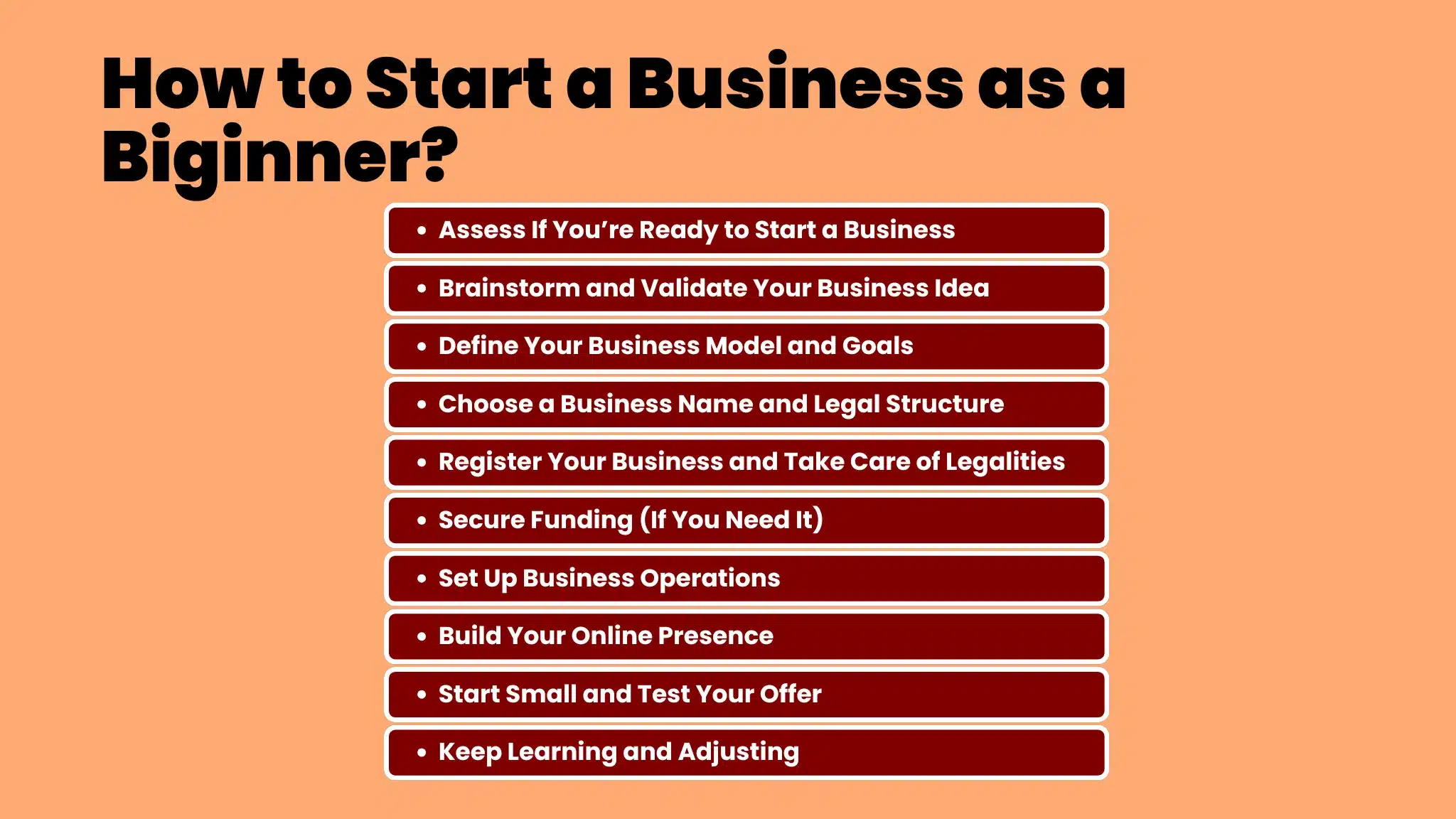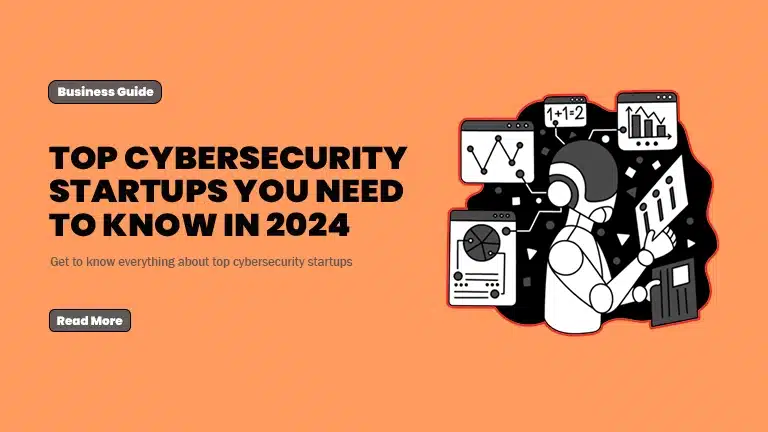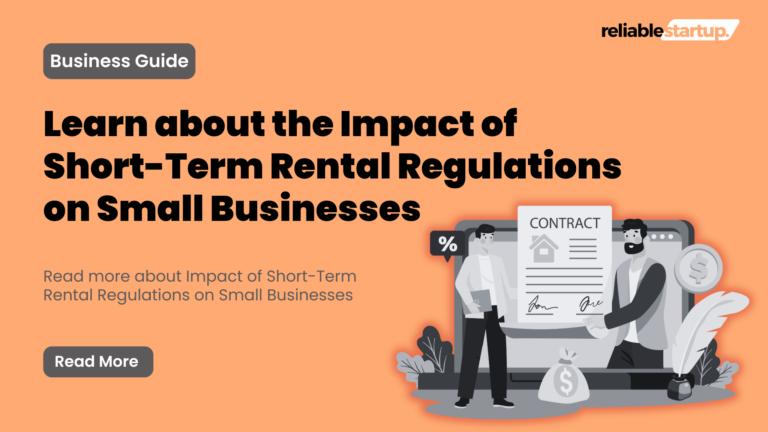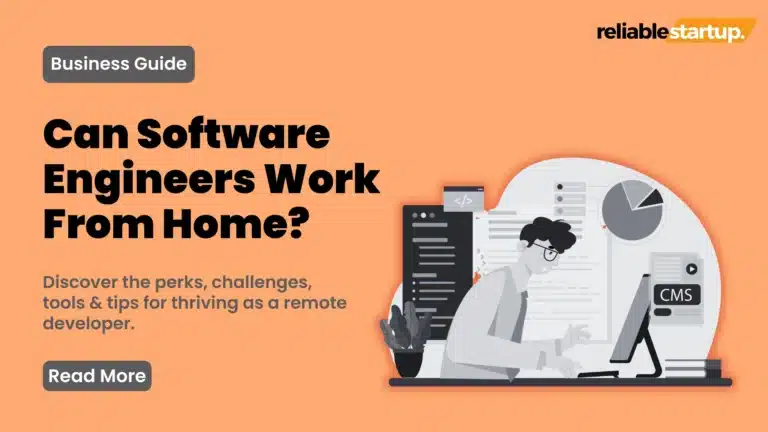Starting a Business for Dummies: A Simple, Step-by-Step Guide
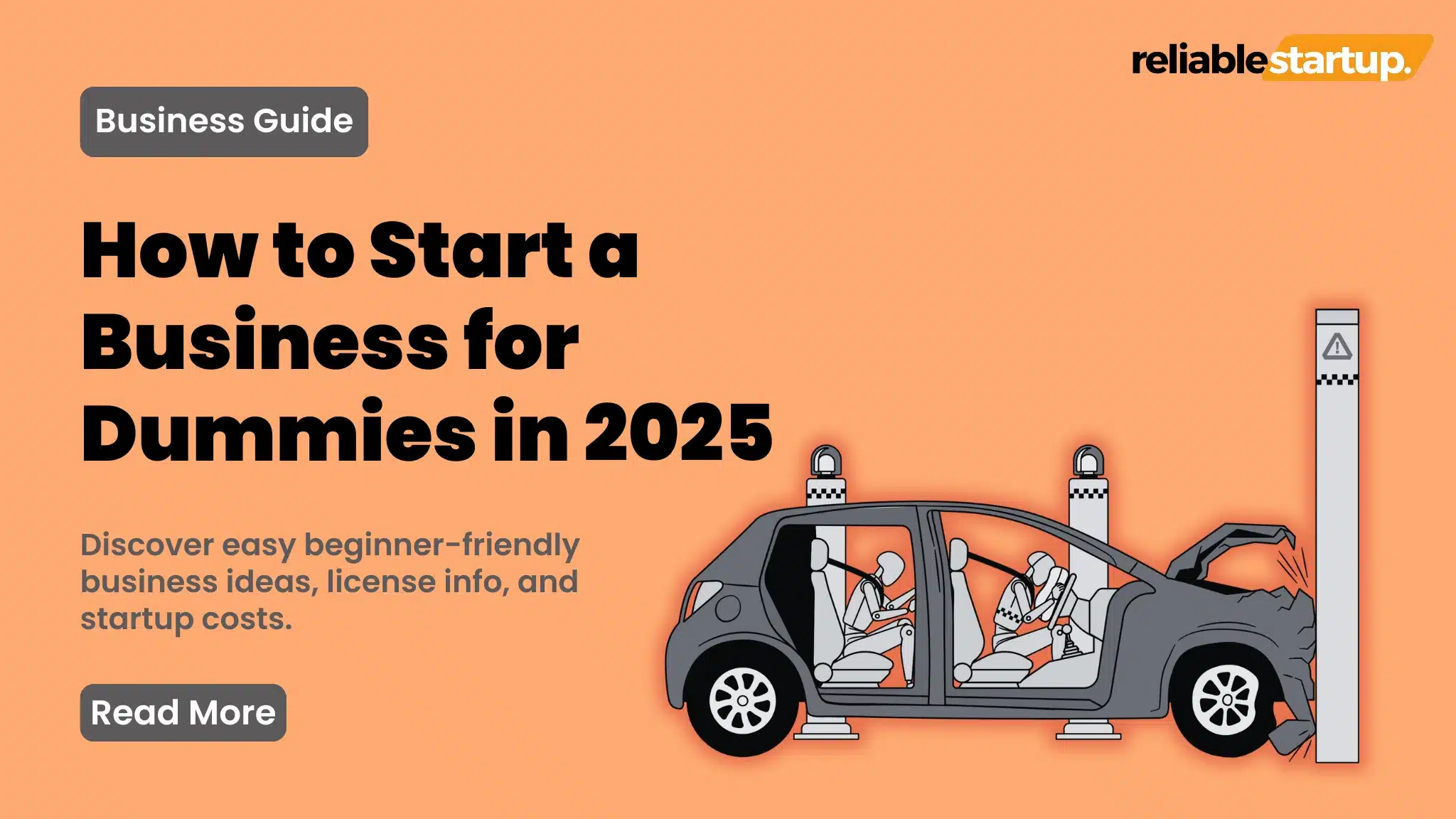
You’ve got the dream, but where do you start?
You must be confused if you are thinking of starting your own business, as it’s your first time starting a venture. There are a million things to figure out, and most guides either go too deep or leave out the basics.
This guide is designed for beginners like you, with no business degree, no startup experience, and no need for fancy jargon. It’s a straightforward, no-nonsense approach to starting a business.
We’ll walk you through everything step by step, from choosing an idea to launching your business, with simple language and clear actions.
Let’s get started on this journey to turn your business dream into a reality. Our goal is to provide you with a clear roadmap and the necessary tools to make it happen.
Step 1: Are You Ready to Start a Business?
Before you dive in, take a moment to get honest with yourself.
Starting a business isn’t just exciting, it’s work. And no, we’re not here to scare you. We just want you to be ready for it.
Ask yourself a few key questions:
- Do I have enough time to work on this consistently?
- Am I okay with taking some financial risk?
- Can I handle setbacks without giving up?
- Do I have support (family, friends, mentor) if things get tough?
- Are my personal finances stable enough to handle ups and downs?
Suppose most of your answers are “yes”, great! You’re already building the right startup mindset.
But if you’re unsure, that’s okay too. It doesn’t mean you can’t do it. It just means you might need to plan a little more carefully.
Assessing your business readiness is the first smart step. Not every good idea is worth chasing right now, and that’s not failure. That’s strategy.
So, before you build your empire, make sure your life can handle the foundation.
Step 2: Find a Business Idea That Actually Works
You don’t need a “million-dollar idea.” You just need a real problem to solve, and a way to solve it better, faster, or cheaper than others.
Here’s how to start:
1. Look around you
What annoys people?
Why and what do they complain about?
What do you wish existed? That’s where good ideas are hiding.
2. Think about your skills.
What are you good at? What do people ask you for help with? You might already have a business idea, you just haven’t named it yet.
3. Validate before you commit.
Don’t just guess — instead, Google it. Also, check forums, and search for it on YouTube or TikTok. If people are already spending money on it, that’s a green flag.
Want to take it up a notch? Build a simple version of your offer and test it with a small audience. This approach is called an MVP (Minimum Viable Product), and it can save you from wasting time on an idea no one actually wants.
Keep in mind, the goal here is not to be unique. Rather, the goal is to be useful.
Ultimately, if your idea solves a problem and people are willing to pay for it, you’ve found your starting point.
You may also like to read: Small business ideas under $500
Step 3: Choose the Right Business Model & Structure
How will you make money? That’s your business model, selling products, offering services, subscriptions, or digital downloads.
Next, pick your legal structure. For most beginners, it’s between:
- Sole proprietorship (simple, low-cost)
- LLC (adds legal protection)
- Partnership or Corporation (if you’re starting with others or want investors)
Each has pros and cons, so choose what fits your risk level, budget, and growth plans.
Still unsure? You can start small and upgrade later.
This step matters. It affects your taxes, liability, and the legitimacy of your business.
You may also like to read: Things to consider before starting a rental business
Step 4: Write a Simple Business Plan
You don’t need a 50-page plan, just a clear idea of what you’re doing and how.
Start with this:
- What problem are you solving?
- Who are your customers?
- How will you make money?
- What will it cost to start and run?
- What are your short-term goals?
This plan keeps you focused, helps with funding, and shows you’re serious.
Even a 1-page business plan is enough at the start. The goal is clarity, not perfection.
Think of it as your business GPS. You’ll update it as you go.
You may also like to read: What are the benefits of car rental business.
Step 5: Estimate Your Startup Costs & Plan Your Budget
Starting a business costs money, even for small ones. To begin, make a list of everything you’ll need: equipment, tools, website, branding, legal setup, marketing, and so on.
Next, break these expenses into two parts:
-
One-time costs (such as setup, licenses, and gear)
-
Monthly costs (including software, ads, and subscriptions)
Then, ask yourself: How will you fund it? Will you use savings, side income, or a small loan?
By knowing your startup costs upfront, you can avoid surprises and plan smarter. Instead of guessing, run the numbers carefully. Even a simple spreadsheet works just fine for this purpose.
Step 6: Secure Funding (If You Need It)
Not all businesses need outside money—but if yours does, here are your options:
- Personal savings (most common)
- Friends or family (keep it professional)
- Small business loans (check SBA.gov)
- Grants (free money, but competitive)
Start building business credit early. Open a business bank account, get an EIN, and pay bills on time.
Funding isn’t just about cash; it’s about control. Know how much you need before borrowing.
Step 7: Register Your Business & Handle Legal Requirements
Now it’s time to make your business official.
Start by choosing a name. Make sure it’s available, search online, check your local registry, and grab the domain.
Next, register your business. In most cases, that means:
- Picking your legal structure (like an LLC)
- Applying for an EIN (Employer Identification Number) at IRS.gov
- Getting the right licenses or permits based on your industry and location
If you plan to sell online or hire people, you’ll likely need a state sales tax ID and other forms.
Don’t skip this step; it protects your brand, keeps you legal, and builds trust with customers and banks.
But remember, you’re not just “starting”, you’re building something real.
You may also like to read: Starting a dog food business.
Step 8: Set Up Your Business Operations
This is where you begin by laying the groundwork for running your business smoothly day to day. To start with, open a business bank account and be sure to keep your personal and business money separate. Doing so makes taxes and financial tracking much easier down the line.
After that, choose a bookkeeping method that suits your needs. For instance, you can use simple software like Wave, QuickBooks, or even a spreadsheet to track your income and expenses. Additionally, these tools help you stay organized and maintain a clear picture of your business’s financial health.
Furthermore, don’t forget about business insurance. Even basic liability coverage can protect you from lawsuits or unexpected costs. In fact, securing insurance early on safeguards your business against risks that could otherwise derail your progress.
Think of this step as wiring the foundation before you power things up. Ultimately, if you’re starting a business with little to no prior experience (aka, “business for dummies”), setting up your operations correctly from day one will save you severe headaches later on.
Step 9: Build Your Online Presence
If you’re not online, you barely exist.
So what should you do? Buy a domain name that matches your business name.
Next, build a simple website. Use platforms like Wix, Shopify, or WordPress, no coding needed. Make sure it clearly explains what you offer and how people can contact or buy from you.
Set up your Google Business Profile, business email, and social media accounts where your audience hangs out.
Even if you’re just starting a business for dummies, having an online presence builds trust and attracts real customers.
Bonus: Learn basic SEO so your site shows up on Google. It’s free traffic, and it works while you sleep.
Step 10: Hire Help or Go Solo?
You don’t have to do everything yourself, but you also don’t need a whole team right away.
Start by listing tasks you can’t (or hate to) do, like graphic design, bookkeeping, or managing social media.
Then decide: hire freelancers or do it solo for now?
Platforms like Fiverr and Upwork make it easy to find affordable help. For something more long-term, consider part-time contractors or a virtual assistant.
If you do hire, use contracts and keep records for taxes. That’s how you stay legal and stress-free.
Whether you’re growing slowly or fast, smart delegation helps your business grow without burning you out.
Remember: Even when you’re starting a business for dummies, smart systems beat superhero mode every time.
You may also like to read: Unique Business Ideas for Beginners.
Step 11: Launch, Learn & Pivot
You’ve planned, built, and prepped; now it’s time to launch.
Don’t wait for everything to be perfect. Go live, tell people, post online, and start making noise. Feedback will follow, and that’s gold.
Your first customers might be friends, strangers, or someone from a random Google search. What matters is learning from them.
Track what’s working and what’s not. Be ready to pivot, adjust pricing, change your message, or tweak your offer.
Starting a business for dummies doesn’t mean starting without brains; it means starting simple and growing smart.
No launch is flawless. But the best businesses? They adapt fast.
Conclusion
You don’t need an MBA, a fancy office, or years of experience to build something real.
All you need is a good idea, a clear plan, and the courage to take the first step.
This guide on starting a business for dummies was built to simplify the process. Now it’s your turn to take action.
Use the free tools, templates, and checklists we’ve linked throughout this post to get started faster.
Got questions or need help? Explore our other guides to know more about the business world.
Remember, most successful founders once had no clue what they were doing.
The difference? They started anyway. Now it’s your move.
FAQs
1. How can a beginner start a business?
Start with a simple idea, validate demand, plan basics, then launch small.
2. What is the easiest first business to start?
Service-based businesses—freelancing, tutoring, consulting—require little overhead and are easy to begin.
3. Is it okay to start a business with no money?
Yes, as long as you bootstrap, use free resources, and test low-cost ideas.
4. What is the easiest business to start for beginners?
Freelance services or online consulting—minimal cost, repeatable, scalable.
5. Do I need a business license to sell online?
Depends on your location and product. Many regions require trade or sales licenses.
6. How much money do I need to start a business?
Many start under $5,000; the average small startup cost is around $10,000.
7. Can I start a business while working full‑time?
Absolutely. Many begin as side hustles and grow from there.
8. Is an LLC necessary for beginners?
Not always. A sole proprietorship is simpler; an LLC offers legal protection.

